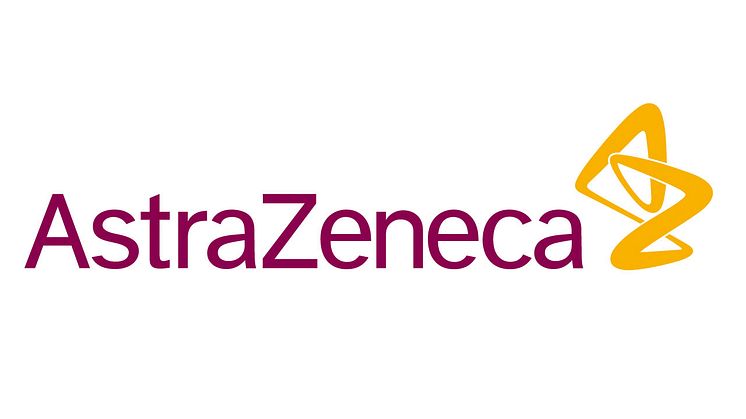Forxiga recommended for approval in the EU by CHMP for heart failure
If approved, Forxiga would become the first SGLT2 inhibitor indicated for heart failure with reduced ejection fraction in patients with and without type-2 diabetes.

If approved, Forxiga would become the first SGLT2 inhibitor indicated for heart failure with reduced ejection fraction in patients with and without type-2 diabetes.

AstraZeneca’sTrixeo Aerosphere has been recommended for marketing authorisation in the European Union (EU) for maintenance treatment in adult patients with moderate to severe chronic obstructive pulmonary disease (COPD) who are not adequately treated by a combination of an inhaled corticosteroid and long-acting beta2-agonist or a combination of a LABA and a long-acting muscarinic antagonist.

AstraZeneca’s long-acting antibody (LAAB) combination, AZD7442, will advance into two Phase III clinical trials in more than 6,000 participants at sites in and outside the US that are due to begin in the next weeks.

The Phase I/II clinical trial for the COVID-19 vaccine AZD1222 has resumed in Japan after discussion with the Japanese Pharmaceuticals and Medical Devices Agency (PMDA).
A standard review process triggered a voluntary pause to vaccination across all global trials on 6 September to allow review of safety data by an independent committee. Their recommendations have been supported by internat

Designation follows DAPA-CKD Phase III trial results in which Farxiga demonstrated unprecedented reduction in the risk of kidney failure and cardiovascular or renal death in patients with chronic kidney disease

AstraZeneca and MSD’s Lynparza (olaparib) has been recommended for marketing authorisation in the European Union (EU) for patients with metastatic castration-resistant prostate cancer (mCRPC) with breast cancer susceptibility gene 1/2 (BRCA1/2) mutations, a subpopulation of homologous recombination repair (HRR) gene mutation

AstraZeneca and MSD’s Lynparza (olaparib) has been recommended for marketing authorisation in the European Union (EU) for the 1st-line maintenance treatment with bevacizumab of patients with homologous recombination deficient (HRD)-positive advanced ovarian cancer.

Final results from the PROfound Phase III trial showed AstraZeneca and MSD’s Lynparza (olaparib) demonstrated a statistically significant and clinically meaningful improvement in overall survival (OS) versus enzalutamide or abiraterone in men with metastatic castration-resistant prostate cancer (mCRPC) with BRCA1/2 or ATM gene mutations

Results from a prespecified exploratory analysis of the positive ADAURA Phase III trial showed AstraZeneca’s Tagrisso (osimertinib) demonstrated a clinically meaningful improvement in central nervous system (CNS) disease-free survival (DFS) in the adjuvant treatment of patients with early-stage (IB, II and IIIA) epidermal growth factor receptor-mutated (EGFRm) non-small cell lung cancer (NSCLC)

AstraZeneca and MSD’s Lynparza (olaparib) demonstrated a long-term progression-free survival (PFS) benefit versus placebo as a 1st-line maintenance treatment in patients with newly diagnosed, advanced BRCA-mutated (BRCAm) ovarian cancer who had a complete or partial response following platinum-based chemotherapy.

Updated results from the PACIFIC Phase III trial showed AstraZeneca’s Imfinzi (durvalumab) demonstrated a sustained, clinically meaningful overall survival (OS) and progression-free survival (PFS) benefit in patients with unresectable, Stage III non-small cell lung cancer (NSCLC) who had not progressed following concurrent chemoradiation therapy (CRT).

Clinical trials for the AstraZeneca Oxford coronavirus vaccine, AZD1222, have resumed in the UK following confirmation by the Medicines Health Regulatory Authority (MHRA) that it was safe to do so.
